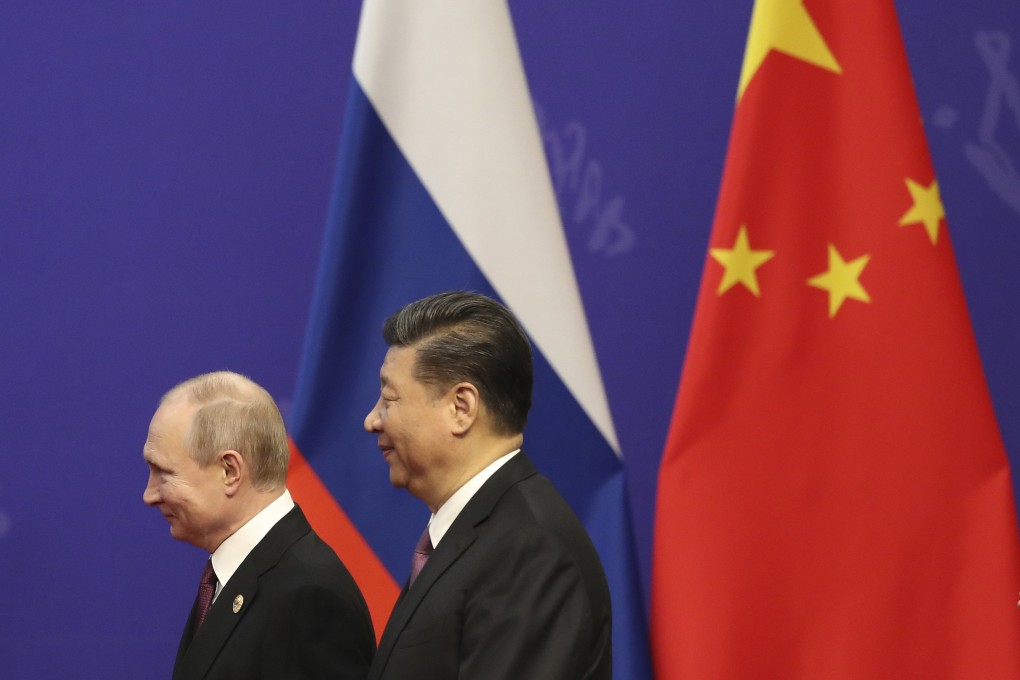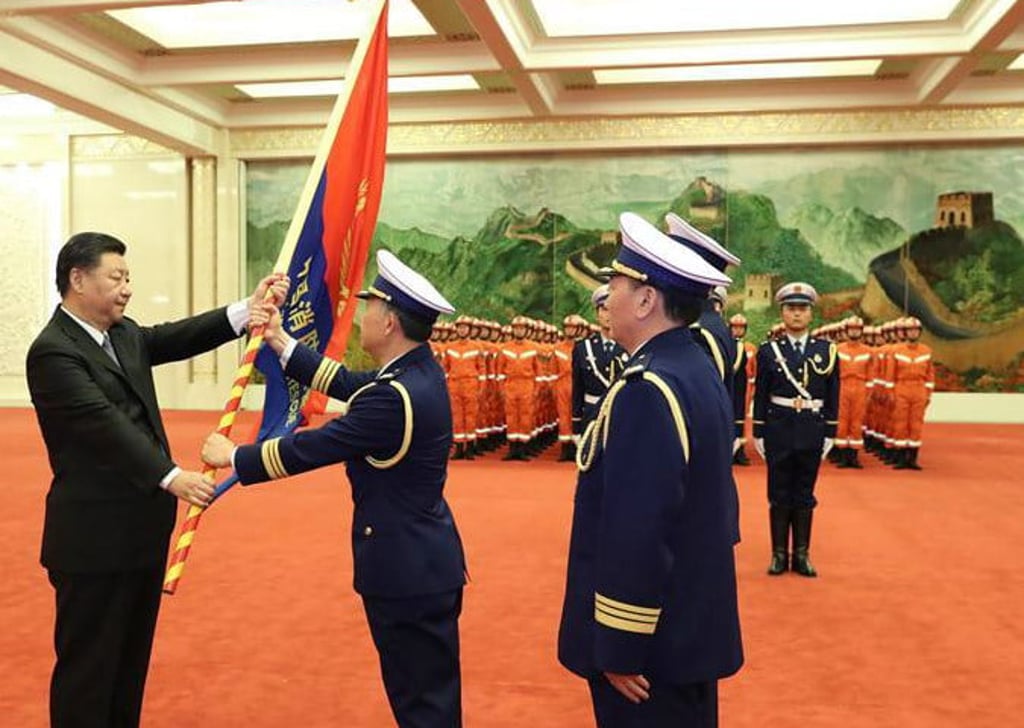My Take | What Hegel really wrote
- History is not bunk, according to the philosopher, but we are too daft to learn from it

Oh boy, the arrogance of my ignorance knows no bounds. Thankfully, several erudite readers came to the rescue.
In a previous column, I asked whether we ever learn anything from history; more specifically, whether the Chinese Communist Party ever did. A legitimate question, which I prefaced with a famous quote from Hegel, whose authenticity I then questioned.
Well, it turns out to be a real quote.
A message from Professor Hans-Georg Moeller of the University of Macau: “The Hegel quote is authentic, it’s from the introduction to Hegel’s Lectures on the Philosophy of History (section 2.2): ‘But what experience and history teach is this – that peoples and governments have never learned anything from history, or acted on principles deduced from it.’”

This is doubly embarrassing for me. In my younger days, I wrote my master’s thesis on Hegel, and the Lectures was one of my primary sources.
